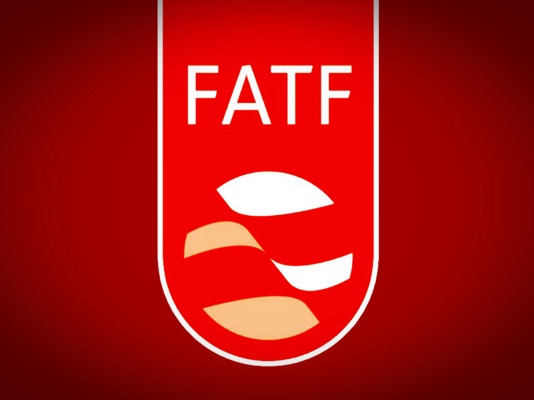In comments made on the sidelines of a religious course in Tehran on Tuesday, Chairman of Iran’s Expediency Council Ayatollah Sadeq Amoli Larijani said the Palermo Convention (the United Nations Convention against Transnational Organized Crime, known as UNTOC) and the CFT treaty are extremely dangerous to national security.
Highlighting the growing suspicion about the US and its followers who have joined the FATF, the Iranian official said those hostile states are “dangerous and corrupt” countries.
The JCPOA proved how untrustworthy they are, the cleric noted, warning that the CFT is even worse than the nuclear deal.
“I personally believe that both the Palermo (convention) and the CFT (treaty) pose great security threats. The threat of the CFT to the (national) security is even greater. Do you think that I care about the threats from the FATF which says every time that this would be your (Iran’s) last deadline?” the chairman added.
Meanwhile, Secretary of the Expediency Council Mohsen Rezaei sounded the same warning on Wednesday, saying a series of attempts are underway to pressurize the Expediency Council into ratifying the standards set by the FATF.
He also denounced the “suspicious” move by the Financial Action Task Force in urging Iran to addresses two certain remaining items, among 30 outstanding items, for implementing the anti-money laundering and combating the financing of terrorism (AML/CFT) reforms.
“Is it not an act of interference in Iran’s internal issues from a foreign group? Is it not an example of interference when the FATF council steps in and supports one of the parties engaged in the discussions about the FATF?” Rezaei asked.
“FATF has many angles, and we believe it is inadvisable to talk about them for now,” secretary of the Expediency Council added.
In October 2019, the Paris-based Financial Action Task Force gave Iran a final deadline of February 2020 to tighten its rules against money laundering in compliance with the global watchdog’s financial standards.
To fulfill FATF requirements, Iranian President Hassan Rouhani’s administration has proposed four bills to the parliament for approval, two of which are still undecided, including the Palermo Convention.
